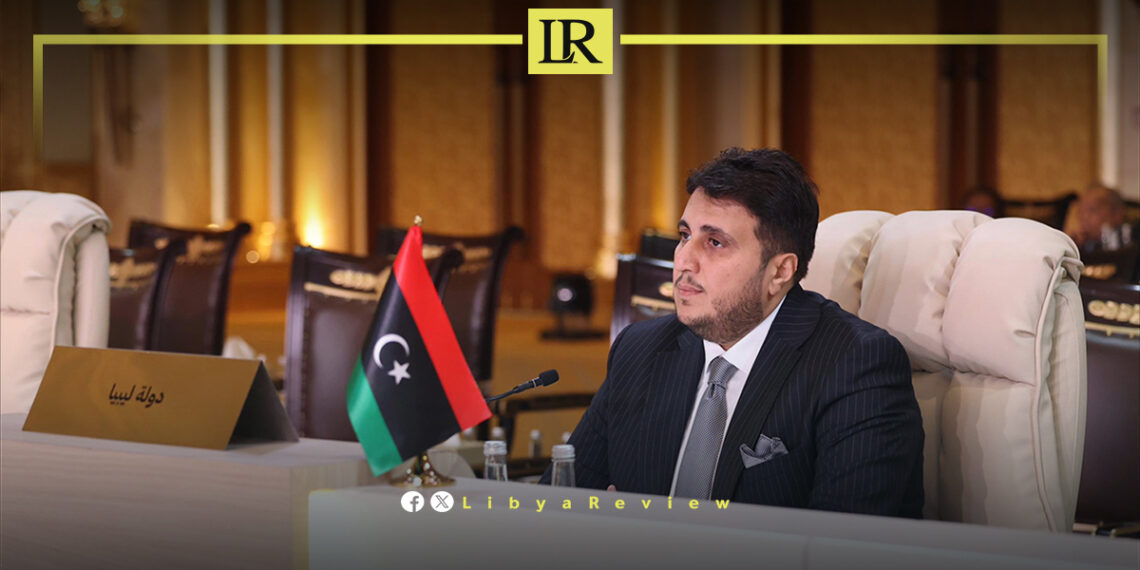Libya, represented by the Executive Director of the National Media Foundation, Ahmed Al-Ghoul, attended the 102nd regular session of the Arab Media Committee held on Monday at the Emirates Palace in Abu Dhabi. The session saw participation from representatives of member states, in collaboration with the General Secretariat of the League of Arab States and the UAE Media Council.
The meeting focused on “enhancing Arab media cooperation by developing strategies that contribute to building a bright future for media in the region and globally.”
Discussions included “ways to improve the Arab media discourse on the Palestinian issue, enhancing the capabilities of Arab media professionals, and reviewing the work of the Arab Committee for Electronic Media and the media’s role in combating terrorism and rejecting violence and hatred.”
The committee reviewed “recommendations of the team tasked with developing a unified strategy for dealing with global media companies and discussed ways to develop environmental and educational media to keep pace with current changes.”
Libya has been in chaos since a NATO-backed uprising toppled longtime leader Muammar Gaddafi in 2011. The county has for years been split between rival administrations.
Libya’s economy, heavily reliant on oil, has suffered due to the ongoing conflict. The instability has led to fluctuations in oil production and prices, impacting the global oil market and Libya’s economy.
The conflict has led to a significant humanitarian crisis in Libya, with thousands of people killed, and many more displaced. Migrants and refugees using Libya as a transit point to Europe have also faced dire conditions.
The planned elections for December 2021 were delayed due to disagreements over election laws and the eligibility of certain candidates. This delay has raised concerns about the feasibility of a peaceful political transition.
Despite the ceasefire, security remains a significant concern with sporadic fighting and the presence of mercenaries and foreign fighters. The unification of the military and the removal of foreign forces are crucial challenges.


